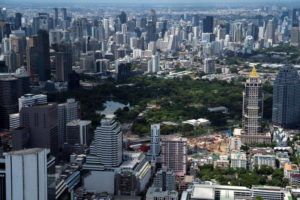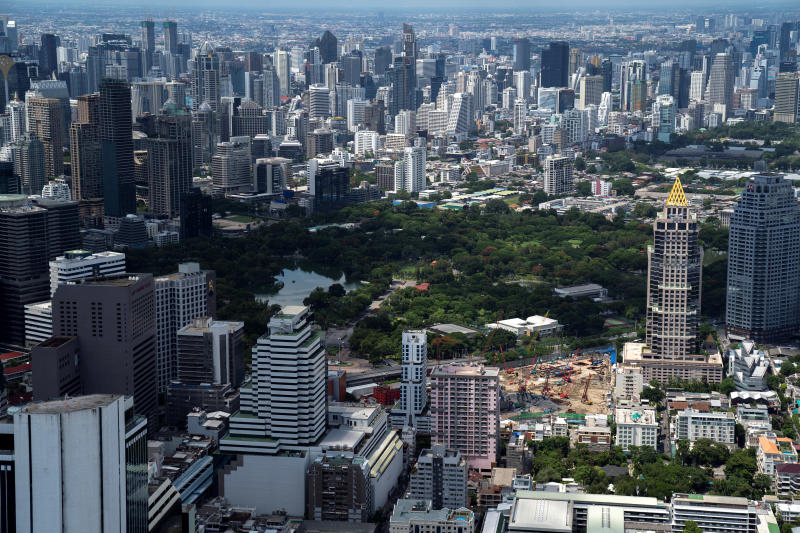
Chinese gaining on Japanese expatriates living in Thailand as largest expat population
Japanese expatriates living in Thailand, comprising the largest expat population at 18% of the total, declined this year while Chinese and Filipino expats are on the rise, according to real estate consultancy CBRE.
Chinese expats increased in line with Chinese manufacturing moving to Thailand because of the US-China trade war, while Filipino expats rose as demand spiked for English-fluent teachers.
“Japanese expats primarily work in manufacturing, export/retail/automotive, real estate services including leasing, and business services sectors,” said Rathawat Kuvijitrsuwan, head of CBRE research and consulting for Thailand.
“The decline in the Japanese expat population in Thailand is because of high industry maturity where locals can fulfil expat jobs competently, relatively high wages, and industrial relocation to neighbouring countries such as Vietnam and Cambodia.”
Rapid industrialisation between the mid-1980s and the Asian financial crisis in 1997 saw a surge in the Japanese expat population, culminating in Thailand having the fourth largest Japanese population outside Japan in 2015 after the US, China and Australia.
However, the population decreased 22% from 36,666 in 2015 to 28,560 in the third quarter this year, the lowest since 2012.
On the contrary, the number of Filipino and Chinese expats, the two fastest growing nationalities, have increased by 41% (13,146 to 18,472) and 37% (from 18,812 to 25,811), respectively, during the same period, according to the Foreign Workers Administration Office.
Chinese nationals work mainly in manufacturing as the country continues to move its production outside China to avoid US tariffs on Chinese-made goods, in addition to brand expansion in Asean.
Filipino nationals are often employed as teachers because of their native fluency in English and they command relatively lower wages than their European, North American and Oceanic counterparts, making up a contingent at international and bilingual schools in Bangkok.
CBRE Research found extensions of downtown Bangkok such as Rama IX and Ratchadaphisek roads have become Chinese expat hot-spots because of Chinese restaurants, shops and convenient subway access.
Similarly, On Nut is a preferred area for Filipino expats because of lower rentals than early to mid-Sukhumvit, while still affording convenient skytrain access.
Condominiums for rent around Ekamai skytrain generally command a 15% premium in rent compared with condominiums around Phra Khanong skytrain, despite being just one station apart.
“This means affordable midtown condominiums along mass transit lines with a maximum of two interchanges away from expat office hot-spots could become increasingly attractive to investors seeking rental properties with expat demand as these groups could de-centralise, in line with high-growth expat nationalities and their preferred areas,” Mr Rathawat said.
Source: https://www.bangkokpost.com/business/1997319/chinese-gaining-on-japanese-expats


